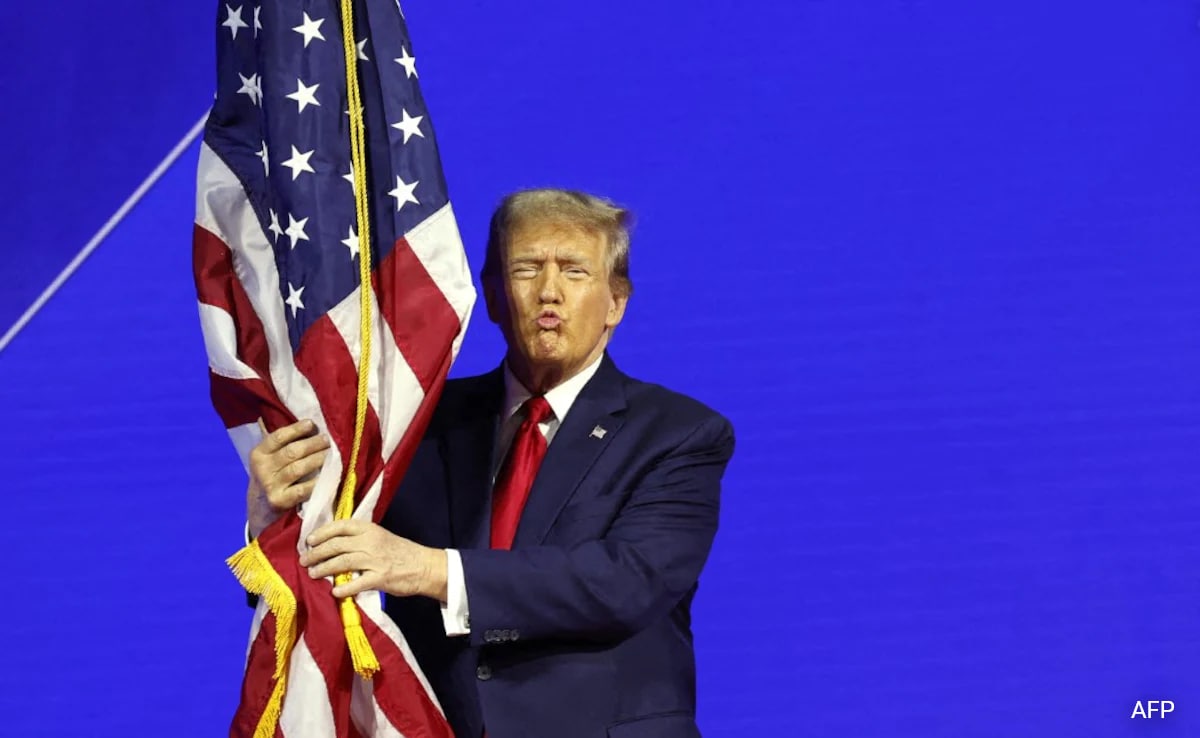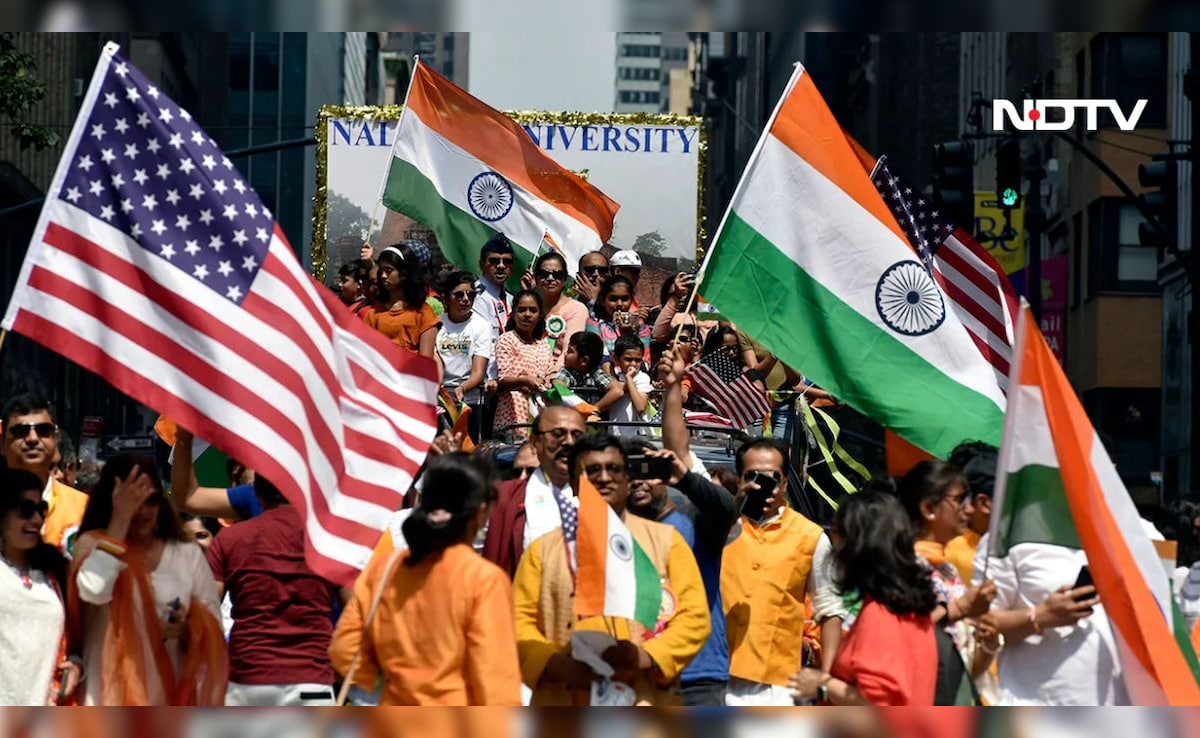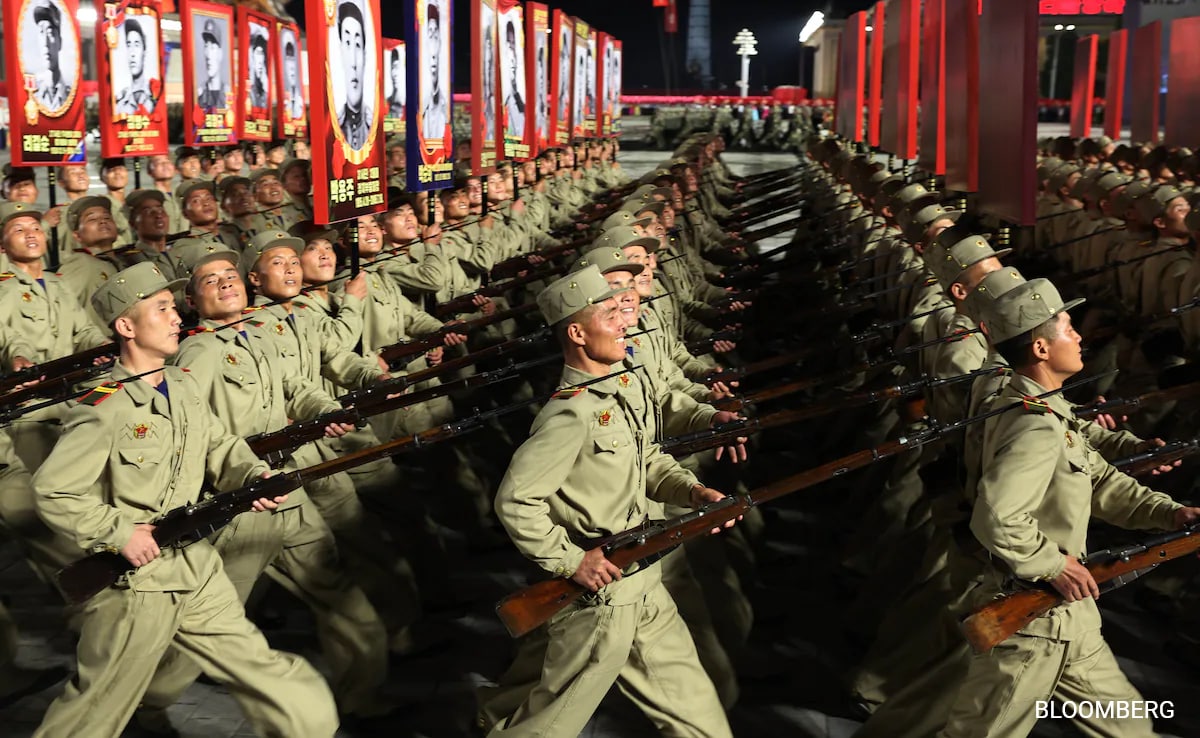âIt was a mindboggling moment to process,â said Elbashir Idris, 26, a community organizer. âI looked out my window at 5 a.m. and could already see the first tires being burnt in protest â those big black fumes.â
Despite a vast and well-coordinated protest movement in favor of a democratic transition, and a hard press by Western governments to support Sudanâs emergence from authoritarianism after the ousting of longtime dictator Omar Hassan al-Bashir in 2019, years of progress were seemingly swept away before most had wiped the sleep out of their eyes.
Complex dynamics were at play: Sudanâs military and civilian leaders had been sharing power in a shaky arrangement weakened by mutual suspicion and disagreements on fundamental questions such as who to hold to account for decades of atrocities committed under Bashir and whether the military should be able to control parts of the economy. Players both old and new are vying for power in a Sudan that seems up for grabs.
When the fragile house of cards collapsed on Monday, all pretense of power-sharing was put to rest. The governors of each state were dismissed; the constitution substituted for a state of emergency giving Lt. Gen. Abdel Fattah al-Burhan, the countryâs top military official, near total power. Hamdokâs whereabouts were still uncertain as of Tuesday afternoon.
And the military made it clear it intended to stick to its guns: at least seven people were shot dead, according to a doctorsâ association, and more than 100 injured. Sudanese analysts said those actions spoke much louder about the militaryâs resolve than Burhanâs pledges in a Monday speech to continue along the path toward elections in 2023, that would ultimately yield a civilian government.
âWe understand this is a marathon,â said Idris. âThe Sudanese people have been through multiple revolutions. But now we are ready to resist. Weâve learned how to barricade, how to empty the roads, and then come out in numbers.â
Idris and others spoke of mass protests already planned for Saturday that would echo the âmarch of millionsâ that pro-civilian-rule groups organized after past bouts of repression. On Tuesday, a general strike in protest of the coup had already taken root, and most shops in Khartoum were closed, and streets empty.
Western governments attempted to ratchet up pressure on Burhan, using what leverage they had to convince him to reverse the power grab. The U.S. State Department announced the suspension of aid that had been earmarked for smoothing Sudanâs transition to civilian rule â hundreds of millions of dollars that could provide a steadying influence on the countryâs inflation-wracked economy.
But the ease with which Burhan was able to sweep aside his civilian counterparts underlined how strong his hand is, said Magdi el-Gizouly, a Sudanese analyst at the Rift Valley Institute.
âBurhan might be able to pull this off with the support of other allies, namely Egypt, the Saudis and the Emiratis,â he said. âHe is not a pariah like Bashir became, nor is he an Islamist. He will find a new, more pliant civilian face, he will maintain formalities, and the West will simply end up dealing with that person.â
While rumors abounded among those in the protest movement about Burhanâs Arab allies and their role in the coup, a senior Western diplomat, speaking on condition of anonymity to relay sensitive discussions said that Egyptian officials at least were caught off guard by Burhanâs sudden move.
âThe Egyptians seemed to be as surprised by the militaryâs recklessness as a number of Western governments," the diplomat said.
Instead of international support, however, Burhan may lean more heavily on new domestic partners now that his relationship with Hamdok and the anti-Bashir protest movement has been definitively severed, Gizouly said.
Through a peace process driven mostly by the military, Burhan has cultivated close ties with the leaders of Sudanâs disparate rebel groups â many of which Burhan fought against as a commander under Bashir.
Under the umbrella of an accord signed in Juba, South Sudan, last year, âBurhan has convened a viable set of alternatives to civilian leaders in the countryâs peripheries where most of the resources that fuel Sudanâs economy come from,â said Gizouly.
Controlling those resources is the clearest way to understand the militaryâs desire to prevent civilian leaders from gaining an upper hand in the government, which they were slated to do next month under the original terms of the transitional government. It would have been the first time in decades that Sudan would have had a civilian government.
âThe military had much to fear from passing this key milestone in the transition,â the International Crisis Group wrote in a post-coup update. âUnder Bashir, the generals came to enjoy unchecked control of key economic sectors, running a web of companies with billions of dollars in assets. The Hamdok administration had sought to roll back these privileges by bringing many of the militaryâs companies under civilian management.â
The question of whether the military can withstand another wave of massive protests will soon be put to the test. In 2019, after Bashirâs downfall, military and paramilitary groups were accused of massacring more than 100 protesters. Only weeks later, hundreds of thousands took to the streets again.
âNo one should fool themselves. Burhan not going anywhere soon,â said Gizouly. âBut how can he govern the cities â they are bristling, full of unemployed people, a full on urban crisis, students looking for work, living on hustling trades, hunting for bread and fuel, in desperation. How will Burhan get them to accept this?â
For protesters like Idris, accepting defeat is not an option.
âItâs a waiting game now, which side has the stamina,â he said. âI believe in the people not the military.â
Siobhan OâGrady contributed to this report from Cairo.
Read more:
.png)











 English (United States) ·
English (United States) ·  Turkish (Turkey) ·
Turkish (Turkey) ·